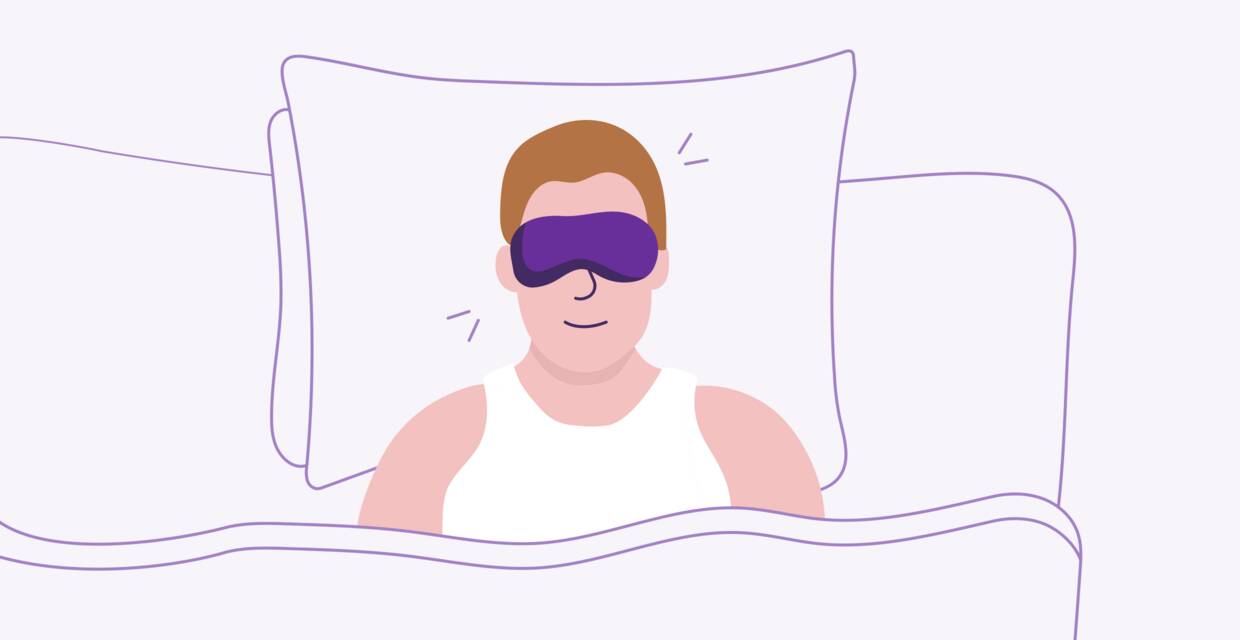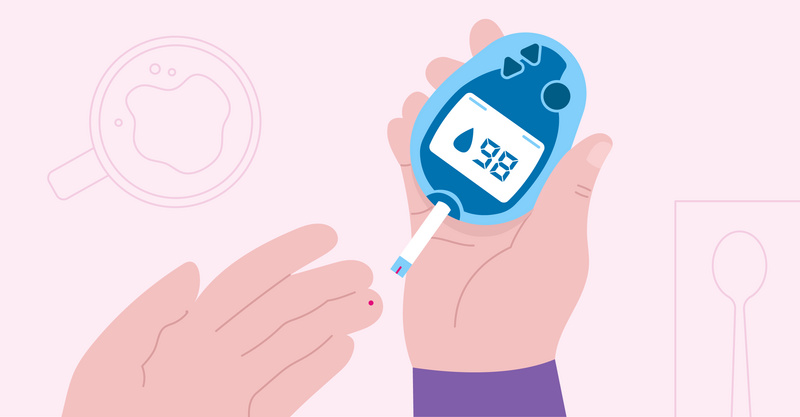Key Points
- Sufficient sleep is crucial for maintaining overall health, particularly during the ongoing COVID-19 pandemic. It helps strengthen the immune system, regulate moods, improve brain function, and increase daily productivity.
- Regular sleep is essential for maintaining mental and physical health, affecting major bodily functions. Lack of sleep can lead to an increased risk of various diseases and can affect cognitive functions such as learning, decision-making, and creativity.
- Sleep is particularly important for children's growth and development, with different age groups requiring different amounts of sleep. Sleep deprivation in children is linked to various health issues and can negatively impact their academic performance and mental health.
- The amount of sleep required varies for each individual, but most people need at least seven hours of sleep to feel their best. Factors such as diet, physical activity, and mental exertion can impact the amount of sleep required.
- To ensure a good night's sleep, it's suggested to maintain a regular sleep schedule, limit screen time before bed, exercise during the day, avoid alcohol near bedtime, and try relaxation techniques such as meditation. The sleeping environment should also be comfortable and conducive to sleep.
Navigating a second year of COVID is hard for everyone. But if you’re not getting enough quality sleep, it can feel nearly impossible.
Getting enough sleep has a variety of benefits. It can help you strengthen your immune system, regulate your moods, improve your brain function, increase your energy, and make you more productive during the day. Anxiety about the coronavirus pandemic, combined with everything else going on in your life and the world around you, can make it even harder than usual to get a good night’s sleep. In this post, we dig into why sleep is key to staying healthy and how you can get more restful sleep during the pandemic.
Sleep and your health
Just like you can’t work out once and expect your dream body, you won’t get the full benefits of a good night’s sleep unless you’re getting it on a regular basis. Sleep, along with a healthy diet and exercise, is a building block to maintaining your health and wellbeing. When you don’t get enough sleep, it can affect all of your major bodily functions. You need deep sleep every night to maintain your mental and physical health, as well as your overall quality of life. When you go for too long without getting enough sleep, you may find it harder to learn, pay attention, make decisions, and be creative. Sleep deprivation can also make it more difficult for you to control your emotions and behavior and cope with change (something we could all use a little help with right about now).
In addition to affecting your brain function, a lack of sleep can also lead to an increased risk of heart and kidney disease, high blood pressure, diabetes, obesity, and stroke. Sleep deprivation can affect your immune system and make it harder for your body to fight off infections and heal after an injury or illness.
Children need more sleep than adults
Sleep is even more important for children because it influences how they grow and develop. According to the American Academy of Pediatrics, the amount of sleep a child needs every 24 hours depends on their age:
- Infants: 12 to 16 hours, including naps
- Toddlers: 11 to 14 hours, including naps
- Preschoolers: 10 to 13 hours, including naps
- Kids ages 6 to 10: 9 to 12 hours of sleep
- Teens ages 13 to 18: 8 to 10 hours each night
In children, sleep deprivation is linked to irritability, difficulty concentrating, hypertension, obesity, headaches, and depression. On the other hand, kids who get enough sleep each night tend to do better at school, have healthier immune systems, and better behavior, memory, and mental health.
How much sleep do you need?
Not quite sure how much sleep you should get each night? While we know that most people need at least seven hours of sleep to feel their best each day, the exact amount of sleep required is different for everyone. Try testing out different lengths of sleep for a few nights and identify when you feel most rested. Remember that your diet, level of physical activity, and how much you exert yourself mentally each day can impact how much sleep you need.
Creating a lasting sleep routine
Knowing that you need a certain amount of sleep each night and actually getting that much sleep are two completely different things. Even as all of your other routines are (still) disrupted by the new normal, prioritizing a healthy sleep routine can help you feel your best. If you have trouble falling asleep or find it difficult to stay asleep, consider the following advice from expert sources, such as the National Sleep Foundation and the Harvard Medical School Division of Sleep Medicine. These seven tips should help you get your sleep schedule on track so that you can start each day well-rested.
Tip #1: Give yourself a bedtime.
Going to bed at the same time each night and waking up at the same time every morning is crucial for maintaining your body’s internal clock. Try to set a non-negotiable bedtime for yourself and stick to it, even on the weekends. You should soon find yourself falling asleep and waking up more easily.
Tip #2: Go off the grid.
At least an hour before bed, turn off all electronics (this includes Netflix, news feeds, and email) to give your brain time to get into sleep mode. The blue light from your phone, laptop, and TV screens can mess with your internal clock and make it harder for you to fall asleep. Plus, doomscrolling before bed isn’t doing you any good.
Tip #3: Get your heart pumping during the day.
Getting at least 30 minutes of exercise during the day can not only help you fall asleep more quickly at night, but it can also improve the quality of your sleep. Try picking an exercise routine that you actually enjoy, so you’ll have an easier time sticking to it.
Tip #4: Move your shower.
Try taking a warm shower or bath right before you go to sleep. The act of getting warm and then cooling off helps your body produce melatonin, which may help you get a better night’s sleep. The extra “me” time can also help you unwind at the end of a long day.
Tip #5: Watch what you drink.
At least 20% of Americans rely on alcohol to help them fall asleep at night, but alcohol is more likely to hurt your quality of sleep than help it. Remember that internal clock we discussed earlier? Well, drinking alcohol close to your bedtime can throw your internal clock off and cause your body to produce less melatonin, which you need to regulate your sleep-wake cycles. Instead, try confining your drinks to a “cocktail hour” in the early or mid-evening.
Tip #6: Give meditation a try.
Sometimes, an abundance of thoughts and worries can bubble up when your head hits the pillow and make it almost impossible for you to fall asleep. Mindfulness meditation, a practice in which you focus on your breathing and on being fully present in the current moment, may help you fall asleep more easily and feel less tired throughout the day.
Tip #7: Change up your bedroom.
Your bedroom should be an environment where you can be comfortable and relax. Try to tone down any bright, stimulating colors and put in soft lighting that you can use to help signal to your internal clock that it’s time to go to sleep. Soothing scents like lavender and jasmine may also help you relax at night. If possible, try not to hang out on your bed during the day. That way, even the act of getting into bed can signal to your brain that you’re ready to go to sleep.
There are always going to be more things to do than there is time to do them. It’s easy to give up a few hours of sleep here and there in exchange for checking a few more things off your never-ending to-do list. However, prioritizing sleep every night—yes, every night— will have you feeling better, more capable, and more productive in the long run.
When you need a little more than a good night’s sleep to get back to feeling like your healthiest self, schedule a virtual doctor’s visit and get the care you need without leaving your home. Download the Solv app today.
Frequently asked questions
Why is sleep important during the COVID-19 pandemic?
How does lack of sleep affect your health?
Lack of sleep can affect all of your major bodily functions. It can make it harder to learn, pay attention, make decisions, and be creative. It can also affect your emotional control and ability to cope with change. Physically, sleep deprivation can increase the risk of heart and kidney disease, high blood pressure, diabetes, obesity, and stroke.Why is sleep particularly important for children?
Sleep is vital for children because it influences their growth and development. Sleep deprivation in children is linked to irritability, difficulty concentrating, hypertension, obesity, headaches, and depression. Conversely, children who get enough sleep tend to do better at school, have healthier immune systems, and better behavior, memory, and mental health.How much sleep do adults need?
Most adults need at least seven hours of sleep to feel their best each day. However, the exact amount of sleep required can vary from person to person.What are some tips for creating a lasting sleep routine?
Some tips for creating a lasting sleep routine include setting a consistent bedtime, turning off electronics at least an hour before bed, getting regular exercise, taking a warm shower or bath before bed, limiting alcohol intake, practicing mindfulness meditation, and creating a comfortable and relaxing bedroom environment.How does regular exercise affect sleep?
Regular exercise can help you fall asleep more quickly at night and improve the quality of your sleep.How can mindfulness meditation help with sleep?
Mindfulness meditation, a practice where you focus on your breathing and on being fully present in the moment, can help you fall asleep more easily and feel less tired throughout the day.How can I get medical care if I'm having trouble sleeping?
If you're having trouble sleeping and need medical care, you can schedule a virtual doctor's visit through the Solv app. This allows you to get the care you need without leaving your home.


 LinkedIn
LinkedIn










